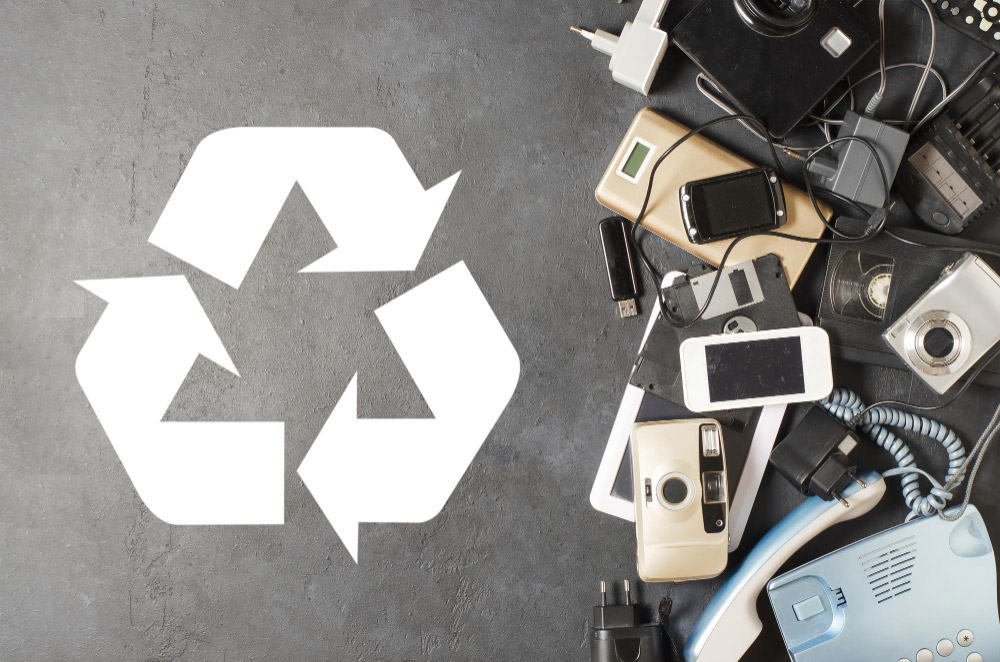
Introduction
The challenge of electronic waste (e-waste) is a pressing issue that demands immediate attention. The rapid advancement in technology has led to an exponential increase in the generation of electronic devices, resulting in a surge in e-waste. This article aims to shed light on the relevance and importance of addressing this issue, emphasizing the need for innovation in managing electronic waste for a sustainable future.
Historical Background
The rise of electronic devices has revolutionized our lives, but it has also contributed to alarming levels of waste generation. As technology becomes obsolete at a rapid rate, the disposal of electronic waste has become a significant concern. Governments worldwide have introduced legislation and regulations to regulate e-waste management, recognizing its potential environmental and health hazards. Over time, recycling and disposal practices for electronic waste have evolved with the goal of minimizing adverse impacts.
Key Concepts and Definitions
To understand the gravity of the issue, it is crucial to define electronic waste and its components. E-waste refers to discarded electronic devices, including televisions, computers, mobile phones, and their components. Innovation in electronic waste management involves creative and sustainable solutions to effectively reduce, reuse, and recycle electronic waste. The concept of a circular economy is highly relevant to e-waste, emphasizing the need to maximize resource utilization and minimize waste generation.
Main Discussion Points
Environmental Impact of Electronic Waste
Electronic waste contains harmful substances such as lead, mercury, and cadmium, which can contaminate the environment if not managed properly. Improper disposal of e-waste leads to the pollution of air, water, and soil. Toxic chemicals leach into ecosystems, posing a severe threat to biodiversity and human health.
Economic Implications of Electronic Waste
Contrary to being mere waste, electronic devices hold significant value as potential resources. Proper electronic waste management can unlock economic benefits through the recovery of valuable metals and materials. Recycling and reuse initiatives have the potential to create job opportunities, foster entrepreneurship, and promote economic growth.
Social Challenges and Health Risks Associated with Electronic Waste
Disadvantaged communities often bear the brunt of e-waste, facing social challenges such as loss of livelihood and increased poverty. Exposure to electronic waste can lead to severe health risks, including respiratory problems, skin disorders, and even cancer. The social and health implications of e-waste demand urgent attention and action.
Case Studies or Examples
Agbogbloshie E-Waste Dumpsite in Ghana
The Agbogbloshie e-waste dumpsite in Ghana stands as an example of the environmental and health impacts of improper e-waste management. The local community suffers from air and water pollution, as well as health issues caused by exposure to toxic substances. Innovative solutions, such as community-led recycling initiatives and awareness campaigns, have been implemented to address the challenges in the area.
E-Waste Recycling Initiatives in Europe
European countries have demonstrated successful electronic waste recycling programs. These initiatives have not only reduced the environmental burden but also created opportunities for resource recovery. However, challenges such as proper collection methods, technological advancements, and public awareness remain.
Current Trends or Developments
The global production of electronic waste is increasing at an alarming rate. As technology continues to evolve, emerging trends indicate the potential of advanced technologies for e-waste recycling and resource recovery. Sustainable design practices and extended producer responsibility are gaining traction, focusing on reducing waste generation and promoting eco-friendly product design.
Challenges or Controversies
The effectiveness of current regulations and enforcement mechanisms for e-waste management is a subject of debate. Ethical concerns surrounding the exportation of e-waste to developing countries have also raised questions about global responsibility. Conflicting interests and perspectives further complicate the process of e-waste management.
Future Outlook
Technological advancements hold immense potential in transforming e-waste management. The integration of artificial intelligence, robotics, and automation can revolutionize the recycling and recovery processes. International collaboration and policy frameworks are vital for addressing the global nature of the e-waste challenge. Exploring potential innovations and solutions will pave the way for sustainable electronic waste management.
Conclusion
In conclusion, the challenge of electronic waste demands immediate action and innovation. The environmental, economic, and social implications of e-waste require a holistic approach to minimize its negative impact. By adopting sustainable practices, promoting awareness, and implementing effective regulations, we can mitigate the adverse effects of electronic waste and pave the way for a sustainable future.